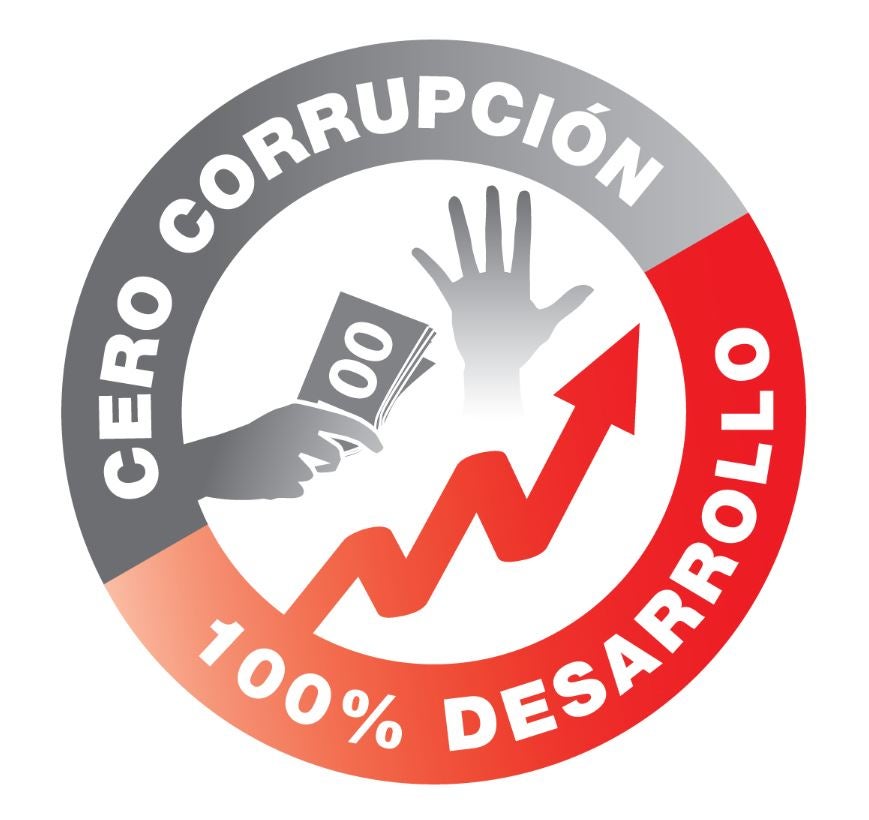By: Isabel Contreras and Juanita Riaño (IADB´s Office of Institutional Integrity)
Every year on December 9 the International Anti-Corruption Day is celebrated. This year’s message reminds us that we all have a responsibility in the fight against corruption, as it hinders achieving our goals of sustainable development, and reducing poverty and inequality in Latin-America and the Caribbean. At the Office of Institutional Integrity at the IADB we need to use the data we manage better, in order to be more effective against corruption, bearing in mind that data on both corruption and on our own operations, grows and grows.
And as data grows and grows, open data policies and data mining become very important.
We want to be active members of the open data movement using the information at hand to identify opportunities that help improve the use of the resources that reach directly or indirectly the beneficiaries of the programs we finance.
We are interested in mining data to identify those programs that might we vulnerable to corruption, fraud, collusion or coercion, as well as to identify the vulnerabilities in the project cycle, from an integrity point of view, from the moment that the project is designed until it is completed and delivered to its beneficiaries. With this approach we try to identify the processes that need to be strengthened in the institutions responsible for the projects, so that they are more effective
We are looking for evidence-based incidence.
Our first steps in data mining start by analyzing the information we have gathered through our investigations of prohibited practices, complementing the findings with information from other databases. Once we complete this general analysis, at a macro level, we move to the micro-level.
This means that we will evaluate specific information related to procurement processes, financial management and implementation progress in view of the specific project objectives. This micro-level analysis allows us to prioritize mitigation actions in projects facing the highest integrity risk.
This idea is not ours. Some of the peer institutions we work with are ahead of us in this regard (if you are interested, you can find examples of the efforts at the Asian Development Bank here).
Some of the challenges that we are finding in implementing this initiative are related to the following:
i) our responsibility protecting the confidentiality of information that we gather through our investigations of prohibited practices;
ii) how can we benefit from the totality of information the IDB gathers through its systems and projects, while assuring us that the data is robust?;
iii) how can we make sure these efforts are sustainable?;
iv) which data are relevant, and which are superfluous?; and
v) how do we engage key actors to generate joint ownership?.
At this point, we know that for this effort to be successful, we need to work together. We would like to identify champions in the different areas the IDB works and concentrate our efforts in analyzing the areas that need it the most. If you would like to work with us, please contact us!
As you can see, we have more questions than answers. We hope to generate a conversation here and in other venues to share specific examples so that next year, when we celebrate, yet again, the Anti-Corruption Day, we can share our progress with this initiative!



Leave a Reply